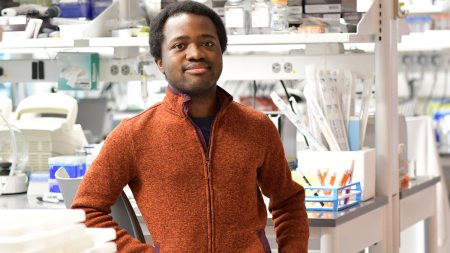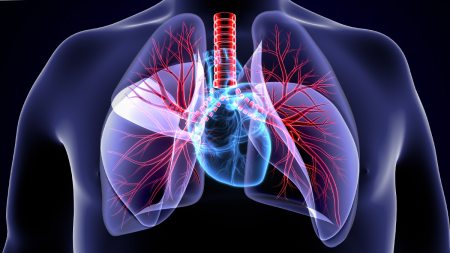Carolina researcher works to prevent second heart attacks
One out of every five women will have a second heart attack within a year of having the first one. Leslie Davis at the UNC School of Nursing is working to change that statistic by empowering North Carolinians to protect themselves through engagement in their self-care and to take action should symptoms recur.













